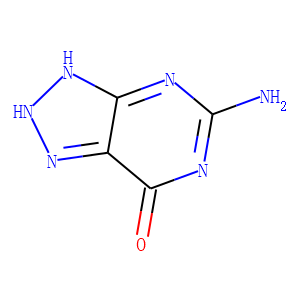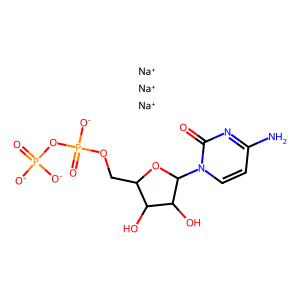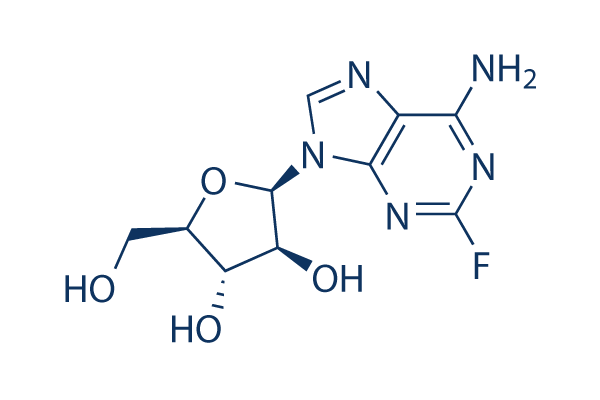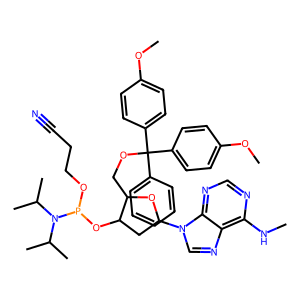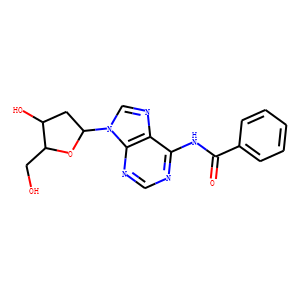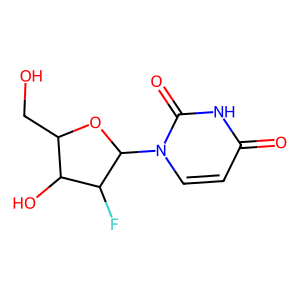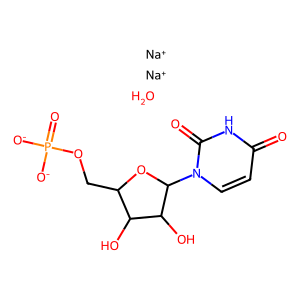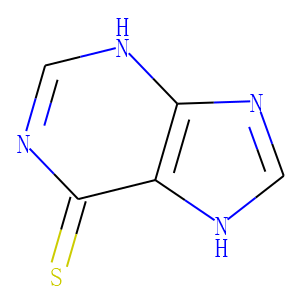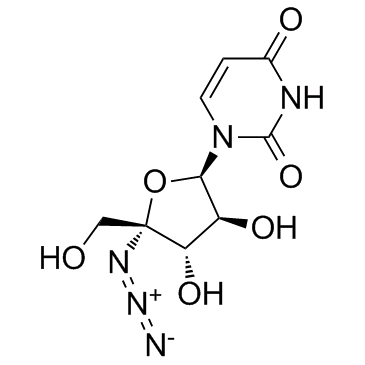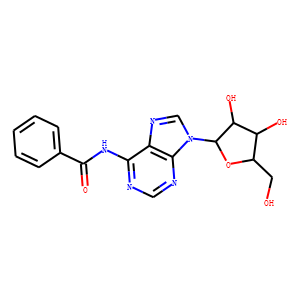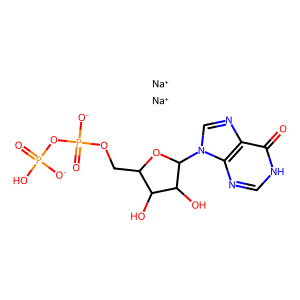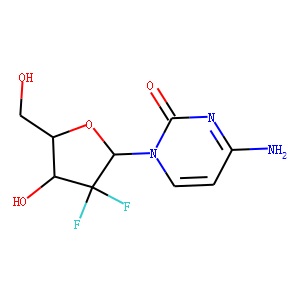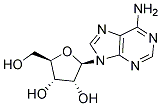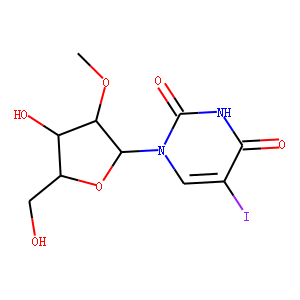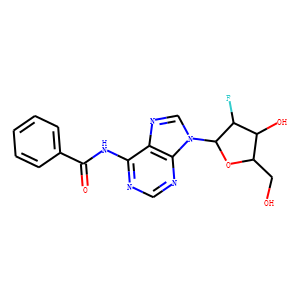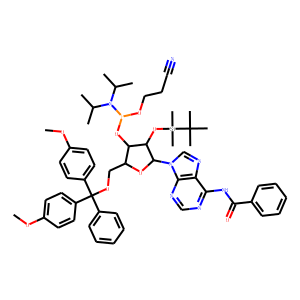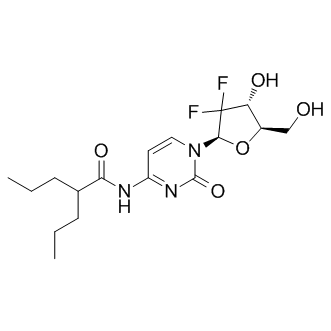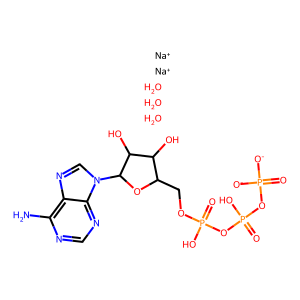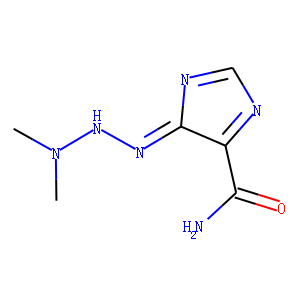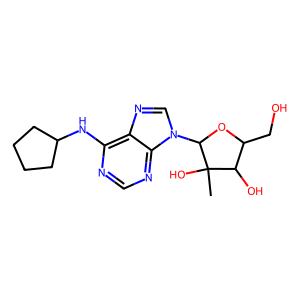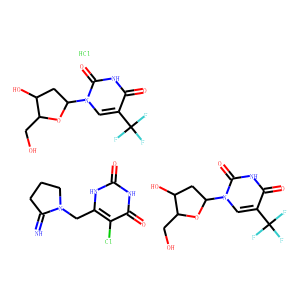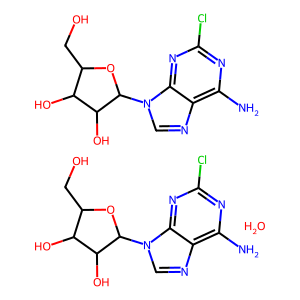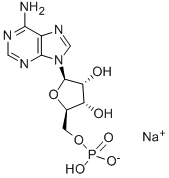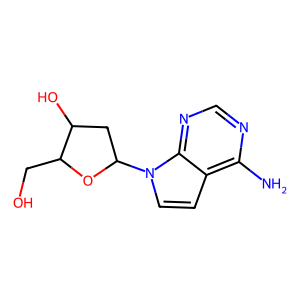Nucleoside Antimetabolite/Analog
A nucleoside antimetabolite/analog is a type of chemotherapy agent that mimics the natural building blocks of DNA and RNA, known as nucleosides. These compounds are designed to interfere with the synthesis and function of nucleic acids, which are crucial for cell replication and survival. By integrating into DNA or RNA during the replication process, nucleoside analogs disrupt the normal sequence and halt cell division, leading to cell death. They are particularly effective against rapidly dividing cells, making them potent treatments for various cancers and viral infections. Examples of nucleoside analogs include gemcitabine, used in cancer therapy, and acyclovir, used for viral infections. Their efficacy and specific targets can vary widely, depending on their structure and mechanism of action.

